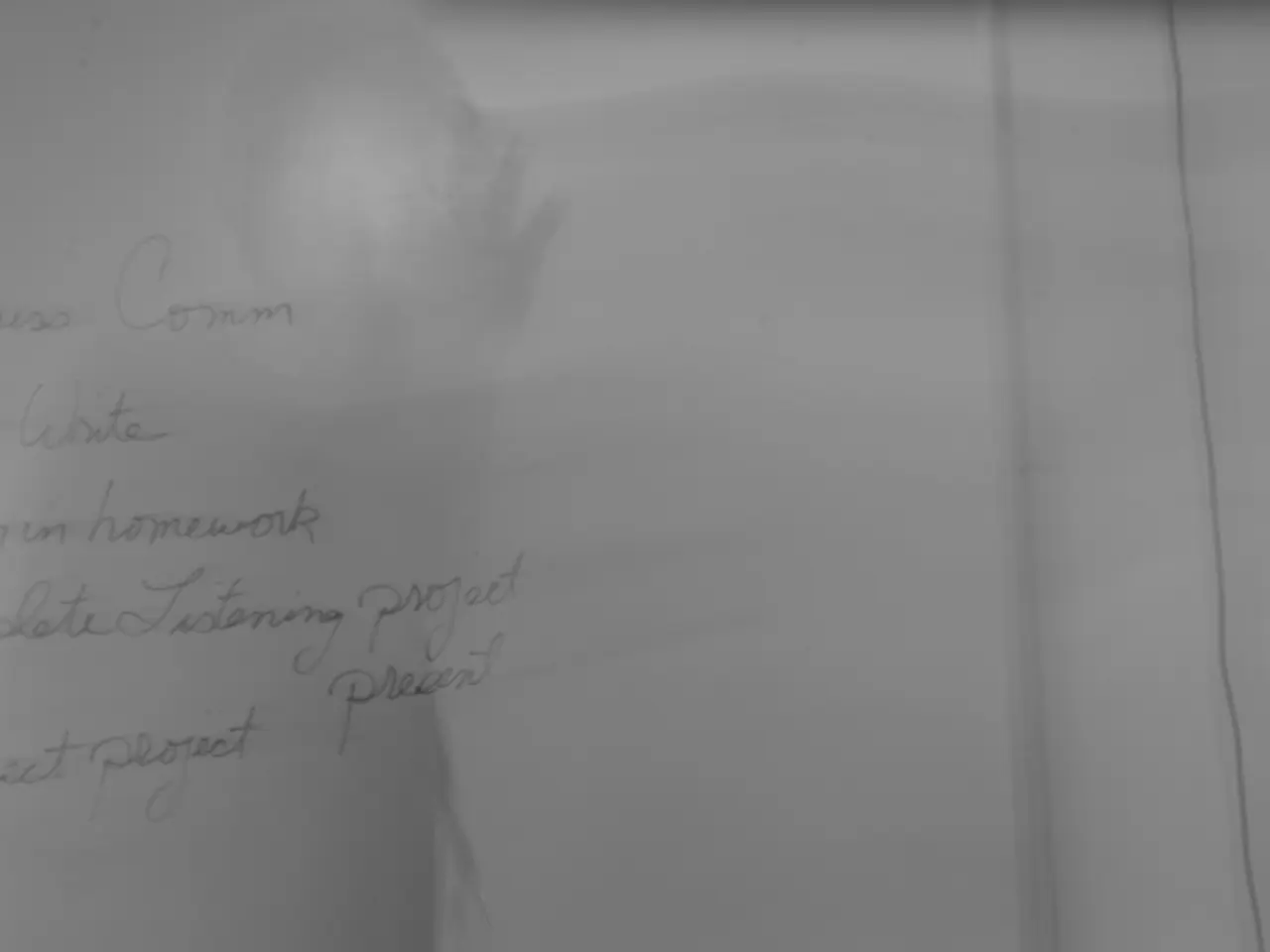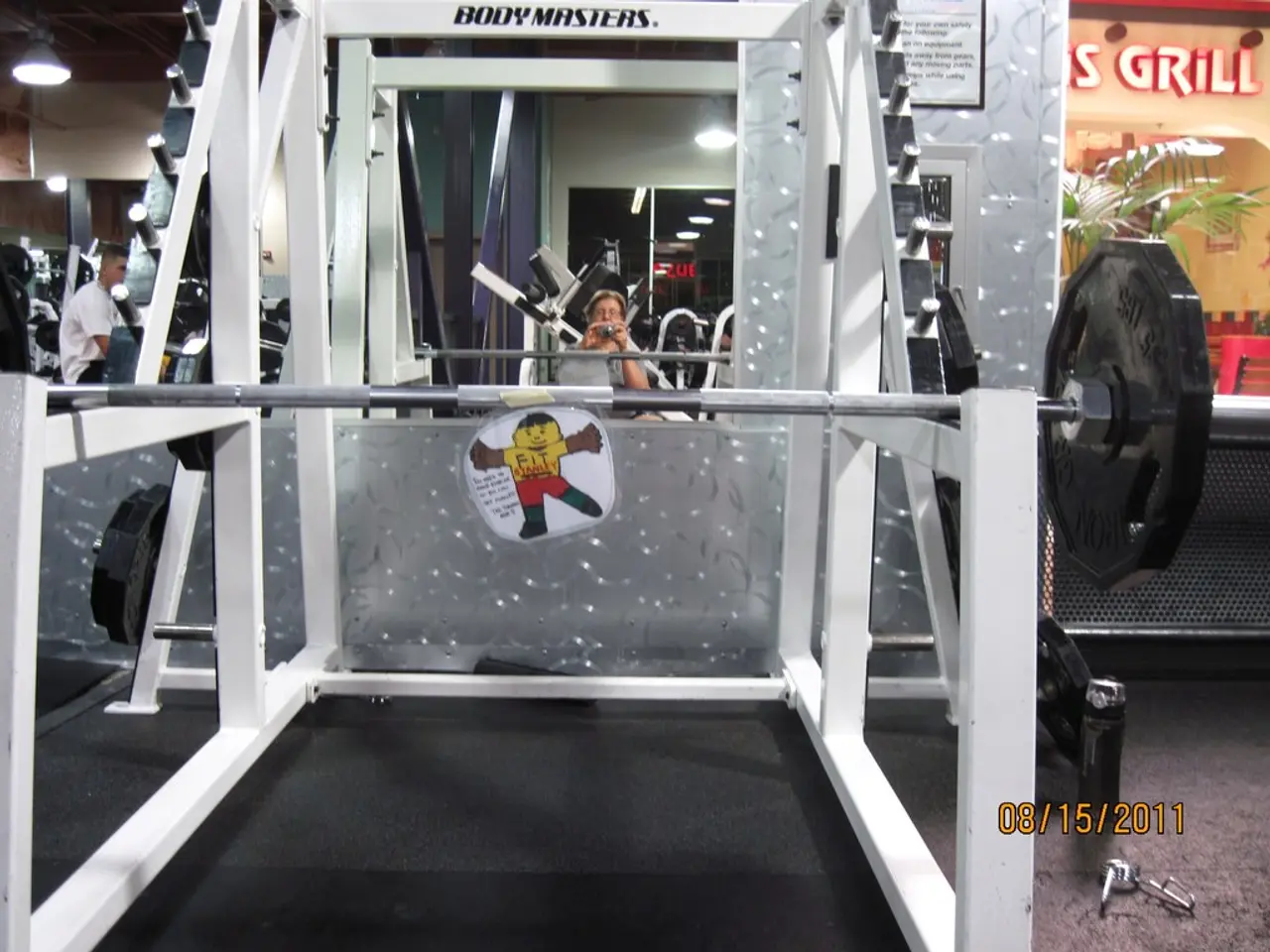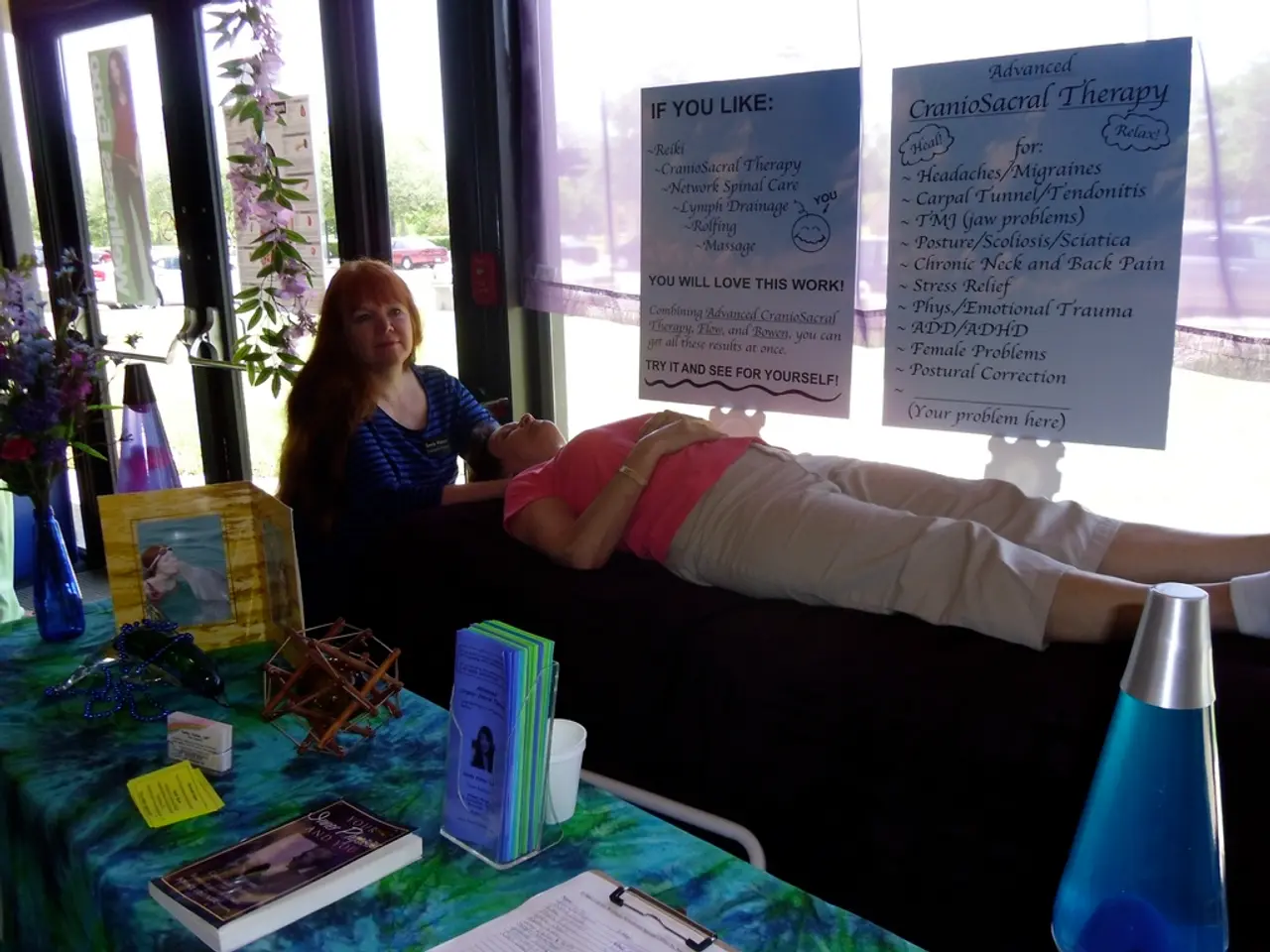Survival Prospects of the Human Species and the Impact of Decision-Making Indecision
=====================================================================================
Decision paralysis, a cognitive state where individuals become unable to make decisions due to overwhelming options or fear of making the wrong choice, has significant implications across various domains in modern society. In this article, we'll explore practical strategies to combat decision paralysis and improve decision-making skills.
Combat Perfectionism and Reduce Overthinking
Perfectionism can lead to task and choice paralysis by making people fixate on making the “perfect” decision. Overcoming this involves accepting that no decision is flawless and focusing on progress over perfection. Setting reasonable standards and limiting the time spent evaluating options helps break the cycle of hesitation.
Limit Information Overload and Manage Digital Distractions
The modern dilemma of "scrolling paralysis" — endlessly consuming digital content without purpose — exacerbates indecision. To counter this, set specific time limits on online activities, engage in digital detoxes, and practice mindfulness to maintain focus and avoid being overwhelmed by excessive information.
Use Structured Decision-Making Techniques
Employ practical tools such as SWOT analysis, Six Thinking Hats, mind maps, flowcharts, and diagrams to organize thoughts and compare options clearly. These visual and systematic methods reduce cognitive load and help clarify choices, transforming paralyzing uncertainty into confident action.
Improve Emotional Intelligence (EI) in Decision-Making
Training to recognize and manage emotions—both personal and others'—can reduce impulsivity and anxiety, leading to more thoughtful decisions, especially under pressure. Developing EI supports balanced reasoning, improving confidence and outcomes.
Practice Time Management and Prioritization
Linking time management skills with decision-making encourages prioritizing urgent and important decisions while avoiding procrastination. Time management exercises help balance speed with strategic thinking, which is essential to overcome delays caused by excessive contemplation.
Engage in Feedback and Reflective Sessions
Discussing decisions post hoc with peers or mentors helps evaluate what went right or wrong, providing insights that improve future judgment. Feedback loops promote continuous learning and build confidence in decision-making skills.
Learn from Specialized Literature and Resources
Reading books on decision-making can provide expert insights and practical tactics to combat analysis paralysis. Literature recommended by experts offers diverse perspectives and actionable advice to strengthen decision-making.
In common scenarios of decision paralysis, such as selecting a restaurant from numerous options or choosing a career path among many possibilities, these strategies can help individuals make effective choices and improve overall well-being. By understanding and addressing decision paralysis, individuals and societies can enhance their ability to make effective choices and improve overall well-being.
[1] Newport, C. (2016). Deep work: Rules for focused success in a distracted world. Grand Central Publishing.
[2] Gelb, M. (2014). The 8th habit: From effectiveness to greatness at work and in life. HarperCollins Publishers.
[3] Tversky, A., & Kahneman, D. (1974). Judgment under uncertainty: Heuristics and biases. Science, 185(4157), 1124–1131.
[4] Thinking, Fast and Slow. (2011). Kahneman, D. Farrar, Straus and Giroux.
- Understanding the principles of evolution and survival in science may provide insights into the cognitive state of decision paralysis, helping individuals develop strategies to improve mental health and overall well-being.
- Improving health-and-wellness, including mental health, can be bolstered by adopting practical strategies like those mentioned above to combat decision paralysis, thereby enhancing decision-making skills and promoting a more balanced and satisfied life.





